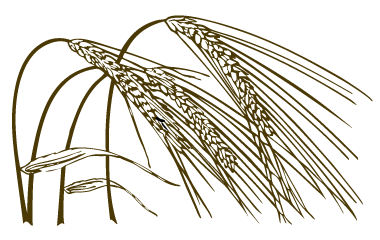Ceres Trust Values and Grantmaking Approach
Dignity and equity: In its grantmaking, Ceres Trust builds relationships with grantees as partners who lead strategy development. Ceres Trust aims to be responsive to the real needs of grantee partners within a timeframe that works in practice, as opportunities and threats arise and evolve. Ceres Trust responds to the needs of organizations to build and strengthen their capacity and power. Finally, Ceres Trust supports efforts that assert people’s right to self–govern.
Collectivity and solidarity: Ceres Trust believes that robust relationships and partnerships, strategic reflection and learning in community, and long–term alliances are all important to success. Ceres Trust believes that solidarity and equity are a key part of holistic and enduring solutions to ecological and community problems.
Courage: Ceres Trust does not shy away from work ‘at the tip of the spear,’ investing in efforts to build power for stewards of the earth, and for those most affected by its destruction, to create long–term, systems–wide change. Ceres Trust supports tactics that publically expose the damage done to ecosystems and community health by industrial food, agricultural and forestry systems, as well as the science and Indigenous knowledge behind these claims.
Radical Generosity and Responsibility: Ceres Trust practices radical generosity in its distribution of funds held, and in relationships with others. Ceres Trust acknowledges the history of wealth accumulation in this country has been too often fueled by ecological destruction and violence against peoples, and that there is a particular responsibility held by people with access to wealth at this moment of ecological, economic and social crises.
Righteousness with the land (pono), meaning a cherishing and stewarding of the land: Ceres Trust supports efforts that are pono and that truly connect our own survival to the flourishing of the earth. Ceres Trust invests in food and agricultural systems that are effective and resilient. These systems rely upon a combination of ancestral knowledge, independent science, reverence for nature, and practical grit – with the human knowledge of their workings, as well as the seeds, plants, biodiversity, soil and trees, all held in public trust.
